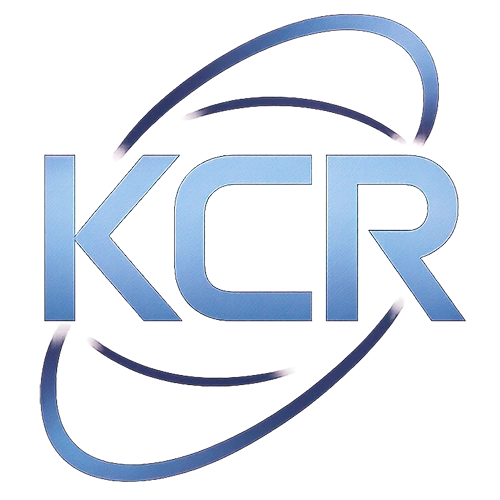Adapting to the Future: How CPA Firms Thrive with Hybrid Work Models by 2025
The public accounting sector is rapidly transforming with hybrid work models becoming standard by 2025. CPA firms are shifting from traditional in-office practices to flexible arrangements, driven by technological advancements and evolving workforce expectations. This shift necessitates robust cybersecurity measures and reimagined office spaces as collaborative hubs. Mid-tier firms, agile in adopting these changes, report improved employee satisfaction and retention. To attract top talent, firms must emphasize flexibility, work-life balance, and modern work environments. Effective recruitment strategies now focus on showcasing adaptability, strong corporate culture, and investment in technology. As hybrid work becomes the norm, firms that proactively adapt will sustain success by balancing culture, compliance, and candidate engagement.
